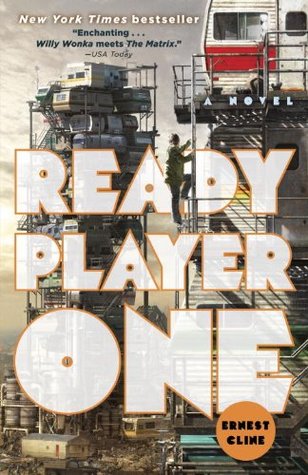
Book Title: East
Author: Edith Pattou
Series: East #1
Date Started: March 27th 2018
Date Completed: March 30th 2018
Genres: Fantasy, Romance, Adventure, Historical
Quality Rating: Four Stars
Enjoyment Rating: Five Stars
Final Rating: Five stars
Review:
It's very weird timing that I decided to reread East (or North Child, as I read it). I just felt like reliving something I loved in my childhood, only to get halfway through, have a look on GoodReads and see that it has a sequel coming out in a few months. Ended out working quite well - the only problem is I want West now.
It's my kind of fairytale retelling; faithful to the original but with its own kicks for a modern sense of society and politics. Of course Rose drives that, but the themes are suited for a more recent audience. The book is based on the fairytale East of the Sun and West of the Moon, a Norweigan folktale that some might compare to Beauty and the Beast, though it deals with quite a different set of themes and ideas. While the French fairytale is more focused on things like purity and love overcoming the animal instinct and beastly aggression, East of the Sun and West of the Moon explores things like unspoken loyalty, trust and determination.
This is a beautifully period-centric piece. It tells the story as you'd imagine it in the traditional fairytale, but it's still universal and timeless in its themes and storyline. I can't speak for how accurate its representations are, but it makes me want to find out more about the various cultures featured, especially at this time in history. The fact that such a fantastical story is grounded in history is really interesting (I'm not sure if it is so in the original fairytale or not); it somehow makes the events grander. Really, it's a love letter to historic voyages; mapmaking, hiking, apprentices, royal families, humans are the mercy of a greater being are all tied in. It's not hard to see why I loved it so much as a child: it's everything the great explorer I wished I was could need.
Rose embodies the ambiguous heroine from the traditional fairytale but has her own dramatic agency. I think that's ultimately what a fairytale retelling should do (or at least if they're trying to stay true to the original - I understand modern adaptations have a whole different set of rules to deal with), and Pattou aims for a feminist twist with her protagonist's unrelenting determination. There were times when I started to get analytical about her characterisation - a scriptwriter at heart, that's me - but actually I was always impressed. Rose actively solves the problems given to her, and her companions give her aid but never save her - only the white bear goes for the protection of Rose herself in the climax. I like that, and I think for younger readers it's especially empowering: anyone can put their chin up and try to make things better, even if you're scared and you have help and you don't totally suceed. It's the trying that counts.
East is a brilliant book for younger readers, maybe on the cusp of moving over from children's/middle grade, and can be enjoyed by any age group. It's a case study for fairytale retellings, and an example of solid feminist representation without making your character a caricature. I look forward to reading it's newly announced sequel and rejoining Rose and her white bear.



